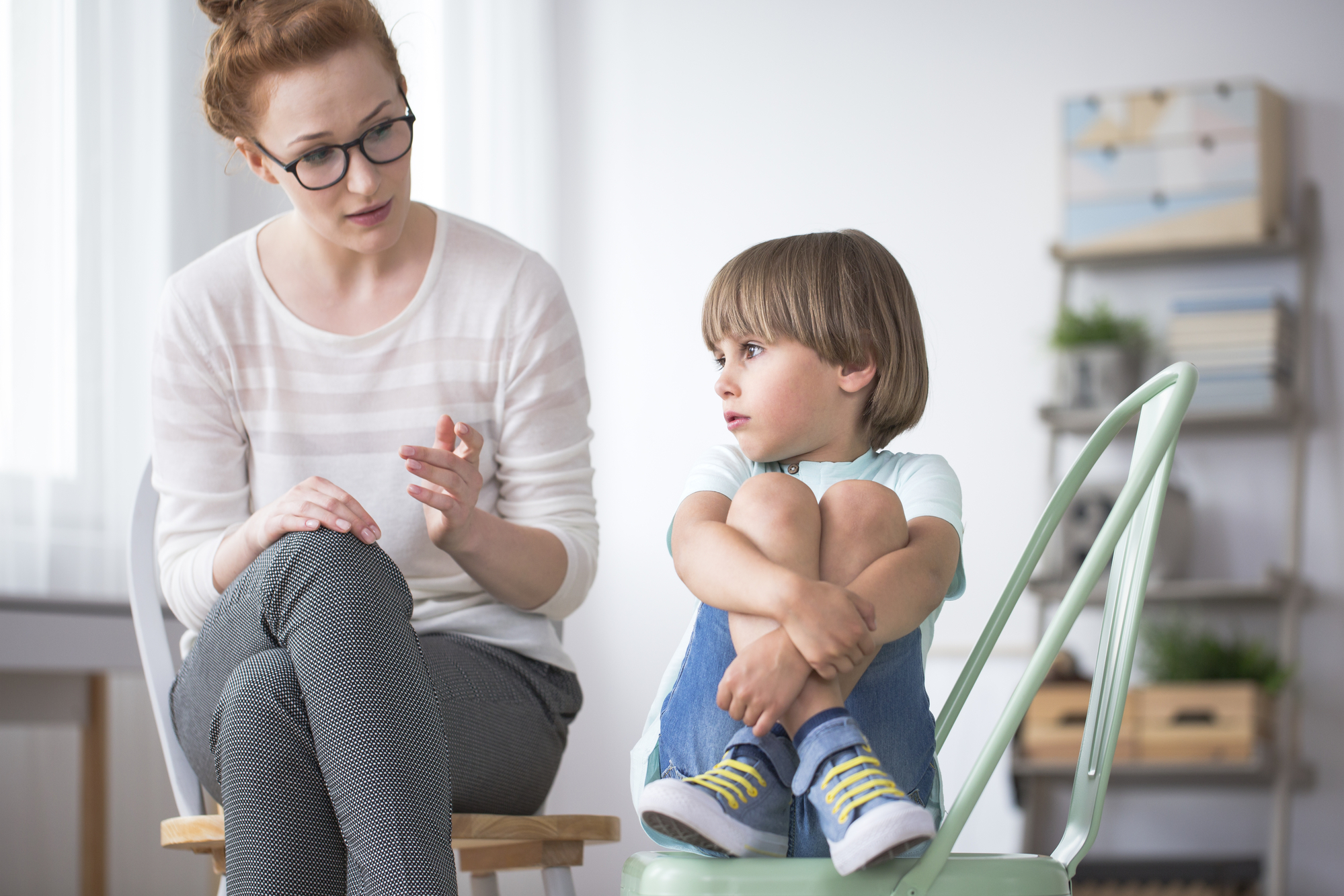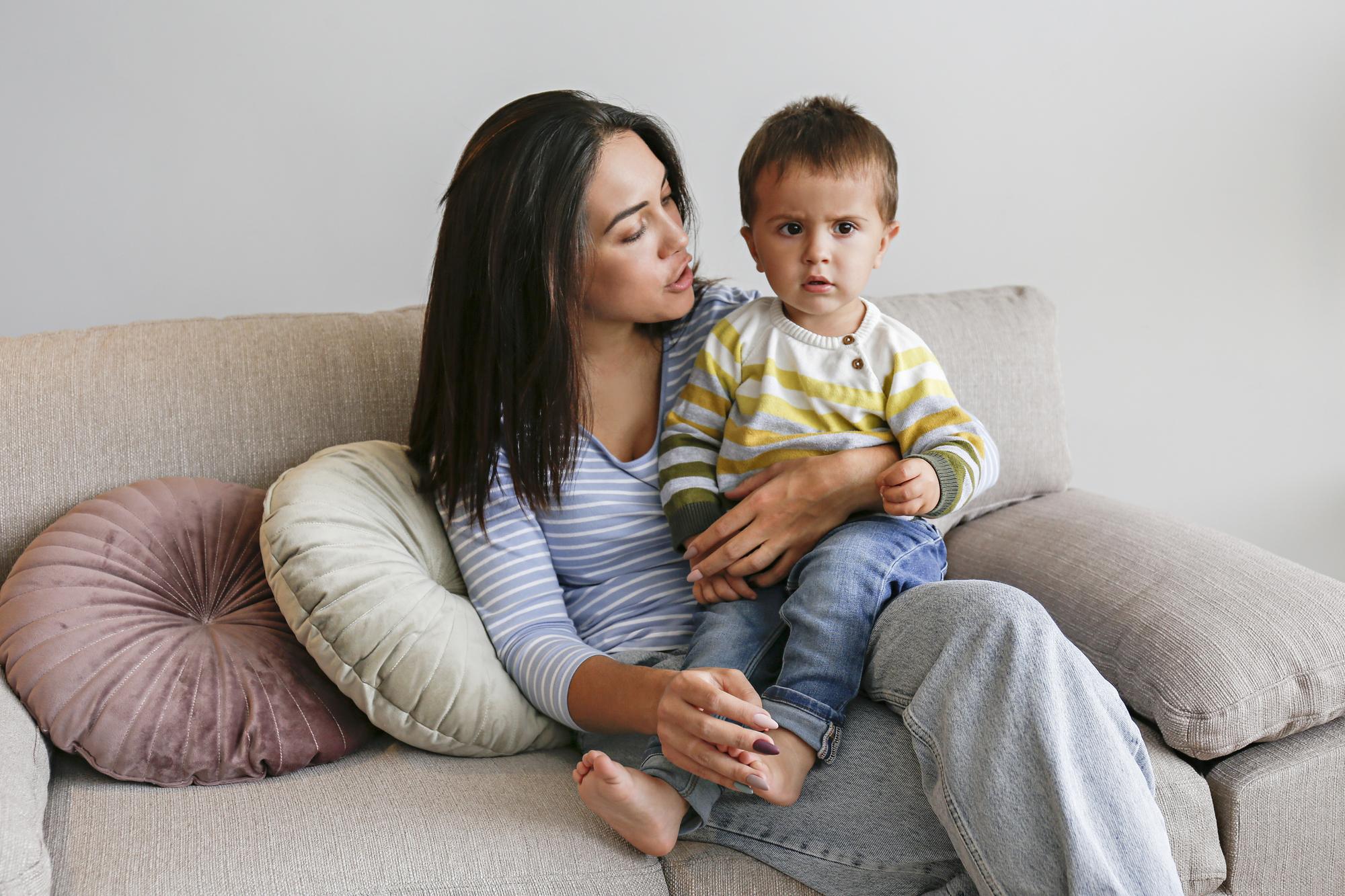October is ADHD awareness month
There is so much we could discuss about ADHD and I am very aware that many people hold strong and differing beliefs about ADHD- it’s diagnosis and management. It is a somewhat controversial topic
This is just a brief overview from a Paediatricians perspective, based on the scientific literature. I have included resources below you may find useful if you would like to explore this topic in more depth.
As a General and Developmental Paediatrician, I get asked this question on a regular basis:
Does my child have ADHD?
You might be worried that:
Your child can not sit still ?
Can not focus on a task for more than a few minutes?
Is impulsive and can’t control their emotions?
Daydreams all the time?
It is a normal part of toddler and young children’s behaviour and development to have a limited attention span, jump from activity to activity and have difficulties regulating their emotions. As children grow older and mature, these will improve with time and will still occur from time to time. BUT Only a few of these children will go on to be diagnosed with ADHD.
In children with ADHD, these challenges happen most of the time and have a big effect on the child and family’s daily life.
What is ADHD?
Attention Deficit Hyperactivity Disorder (ADHD) is a long-term Neurodevelopmental disorder that starts in childhood.
The 3 main signs and symptoms of ADHD are:
- Inattention
- Hyperactivity
- Impulsivity
Some things you may notice in your child:
Inattention: trouble concentrating, focusing, remembering instructions and trouble finishing tasks, easily distracted
Hyperactivity– finds it hard to sit still, fidgety, restless, always “on the go”
Impulsivity– difficulty controlling emotions, acting or saying things without thinking, interrupting other peoples conversations or games, taking risks
Types of ADHD
- ADHD Combined type– Difficulties with both attention, hyperactivity/impulsivity
- ADHD Inattentive type- ( previously called ADD)- Dfficulties with attention, concentration and focus
- ADHD Hyperactive/Impulsive type- Difficulties with hyperactivity/impulsivity.
What causes ADHD?
- The exact cause of ADHD is not known
- It is a neurodevelopment disorder
- ADHD tends to run in families ( so there is most likely a genetic component)
- It is NOT caused by poor parenting or something you did wrong in pregnancy etc.
What age can my child be diagnosed with ADHD?
- A diagnosis of ADHD should only be considered when the symptoms above are causing problems for your child +/- family
- Usually children must be at least 5 years old to be assessed for ADHD
- By definition, the symptoms of ADHD must begin before age 12, but ADHD may not be diagnosed till teenage years or adulthood.
- ADHD is most commonly diagnosed in children when issues start arising at school, socially or at home. ⠀
How is ADHD diagnosed?
- ADHD is a clinical Diagnosis, meaning there is NO SPECIFIC TEST to make a diagnosis
- A diagnosis of ADHD can only be made by a trained, experienced health professional- usually Paediatrician +/- psychologist
- Diagnosing ADHD is not easy because ADHD can overlap with other conditions
- Diagnosis is based on a set of clinical criteria and how many of the features of inattention and hyperactivity/impulsivity the child has across 2 settings (both home and school).
- The symptoms need to be there for > 6 months
- The diagnosis will include gathering information from both home and school- this is usually done by standardised questionnaires/behaviour checklists
- Other health professionals who know your child ( eg Speech path, OT) may also share very useful information
- Your child may also need other assessments eg: learning assessments, cognitive (IQ) assessments, speech and language, vision and hearing assessments, general health check
- A paediatrician will review your child and try and look at “the whole picture” . This is to look for other possible causes and contributors to your child’s issues as well as other conditions that often occur in children with ADHD ( eg learning dificulties, sleep issues, anxiety)
How can I help my child with ADHD
There are so many things that can be done to help you understand your child as well as to help your child. There are thousands of books written about this. I have added a reference to a book I recommend below that talks about behavioural and school management as well as the role of medication. This is the general approach I take when managing a child with ADHD
General Measures ( I can’t emphasis enough how important these are)
- POSITIVE PARENTING STRATEGIES
- SLEEP- quality and quantity
- NUTRITION- broad, healthy diet- rule out nutritional deficiencies
- SCREEN USAGE
- MENTAL HEALTH ISSUES- manage co-existing issues if present
Specific Management of ADHD symptoms
- Classroom strategies
- Home/parenting strategies
- School support/ Individual learning plan
- Psychological, behavioural management/support
- Occupational Therapy support
- Medication – Stimulant medication most effective if decide to trial medication once other management options explored and in place
- Fish oils- may have some benefits
This Information sheets has some excellent tips on how to support your child both at home and school if features of ADHD are present
https://www.rch.org.au/kidsinfo/fact_sheets/ADHD_ways_to_help_children_at_school_and_home/
It includes:
- Strategies for school and homework
- Self-esteem
- Social Skills
- Communication between home and school
- Strategies for home
Top Tips for parents:
- Try to understand your child and how their brain may be “wired” differently than yours
- Find their strengths and focus on these, often
- Positive Parenting Strategies
- Praise appropriate behaviours/reinforcement
- Use clear instructions
- Behavioural contracts
- Consistency
- Stick to a routine where possible
- Build up your child’s confidence and social skills
- Help plan your child’s learning and learning environment – work with the school
Dr Lexi xxx
Dr Lexi Frydenberg
General Paediatrician
Instagram:@drlexifry
Website: drlexi.com.au
RESOURCES:
Royal Children’s Hospital:
https://www.rch.org.au/kidsinfo/fact_sheets/Attention_deficit_hyperactivity_disorder_ADHD/
https://www.rch.org.au/kidsinfo/fact_sheets/ADHD_ways_to_help_children_at_school_and_home/
RCH Kids Health Info Podcast episode- Does my child have ADHD?
https://www.rch.org.au/kidsinfo/Podcast/
Raising Childrens Network
https://raisingchildren.net.au/school-age/development/adhd/adhd
Book Recommendation:
https://uwap.uwa.edu.au/products/adhd-go-to-guide-facts-and-strategies-for-parents-and-teachers-1
Disclaimer: The content in this article is not intended to constitute or be a substitute for professional medical advice, diagnosis or treatment. Always seek the advice of your doctor or other qualified health care professional. Moreover views expressed here are my own and do not necessarily reflect those of my employers or other official organisations.









